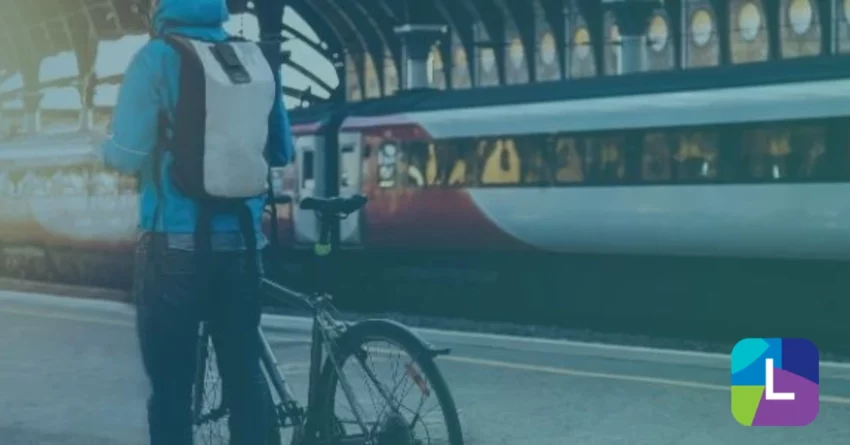The Hidden Costs Of Postgraduate Study
Have you ever thought you had bagged a cheap flight, and then on second glance, come to realise that luggage and other associated costs are not included in the price? Suddenly, what you considered affordable might seem less so.
Concerning postgraduate study, it can be easy to overlook the fact that on top of tuition fees and rent, many other small costs can soon add up.
So, to help you better manage your finances and allow you to concentrate on your studies, we’ve put together a list of some of the hidden or forgotten costs that can risk catching you out.
Application fees
Even before you get started with your dream course, you may find you have costs to incur. Some universities charge application fees and costs can vary, so you can expect to pay anything from £25 to £160. For instance, applying to University College London will set you back at least £90[1], while an MBA application at Imperial College London costs £125[2].
Some universities charge nothing, but it’s best to prepare for some application fees. If you apply for more than one course at an institution where you have to pay this can soon add up. Look at where you can make savings, for instance, applying online can be cheaper than a paper application and doesn’t affect your chances of success.
Contents insurance
This cost is optional, but once you’re settled into your accommodation, you might want to consider paying for contents insurance. Student properties can fall victim to unwanted attention, so protecting your laptop and other expensive valuables can be a good decision and give you that peace of mind.
Take the time to shop around to find the best deal. Some student accommodation providers include contents insurance in the rent price for a small fee, which might be cheaper for you in the long run.
WiFi and Internet
You’ll be spending a lot of time studying and researching, and a good WiFi connection is important. Prices do vary greatly, so again, remember to shop around to find the most competitive deal.
Set-up costs can vary but you can expect to pay around £50 for installation and roughly £30 per month for a typical contract. Some broadband providers do offer special student packages with shorter, more flexible contracts so check these out too before making a decision.
TV licence and streaming services
It’s worth checking if you need to pay for a TV licence. The good news is that you can spread the cost rather than paying the fee upfront. If you’re in shared accommodation, splitting the cost of a TV licence and any other video streaming subscriptions will make it more affordable for you all.
If you don’t use your TV licence for the full year, you can apply for a refund for any unused months. Remember to make the most of student discounts where you can – the audio streaming platform Spotify offers students an exclusive price.
Travel home
There are certain times of the year, like Christmas, when we all want to be with our friends and family. If you’re an international student, this can be a substantial cost that you might need to start saving towards at the beginning of your course.
For UK students, train tickets or car journeys can also add up, depending on how often you travel. Going home on special occasions, rather than every weekend, can save you a lot of money over time if you’re trying to manage your costs.
Consider choosing a university that has good transport links or isn’t too far from home if you plan to travel frequently.
Transport to the campus
Although remote study has increased, you probably will have to visit your campus at some point during your Master’s. Walking and cycling are good for your health and the environment, but they can also be a money-saving exercise.
If you do need to travel to campus often, public transport can be cheaper than buying a parking permit and the cost of refuelling your car.
Course costs
Try to prepare for other costs that can seem small on their own, such as printing and stationery, and factor these into your budget.
It’s worth checking with your department about costs associated with placements, conferences and other visits related to your course.
Lots of universities provide a general guide of costs per month. Naturally, this will only be an estimate, but it will give you a rough idea of what to expect.
Postgraduate study cost
We now see that the true cost of a postgraduate study is a lot more than meets the eye. Students can mitigate the amount they spend by opting for cheaper alternatives during their studies. This includes shopping at cheaper stores, opting for a lower contract rate and varying their transport needs.
Other options include using family for assistance or obtaining a part-time role for extra funds.
[1] Application fees: University College London
[2] Applying for a Master’s course: Imperial College London
Postgrad. The hidden costs of being a postgraduate student in the UK. https://www.postgrad.com/blog/hidden-costs-of-being-a-postgraduate-student/
